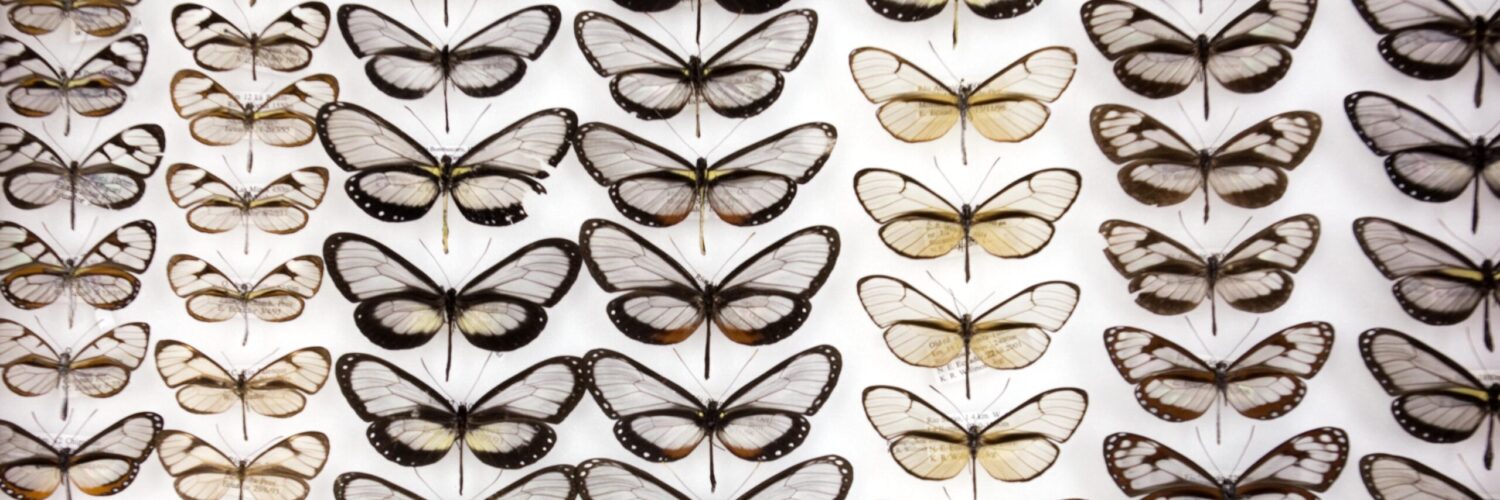Upcoming Deadline for Collections Grants
The National Science Foundation is accepting proposals for the Collections in Support of Biological Research Program through August 14, 2017. The Collections in Support of Biological Research Program provides funds: 1) for improvements to secure and organize collections that are significant to the NSF BIO-funded research community; 2) to secure collections-related data for sustained, accurate, […]

